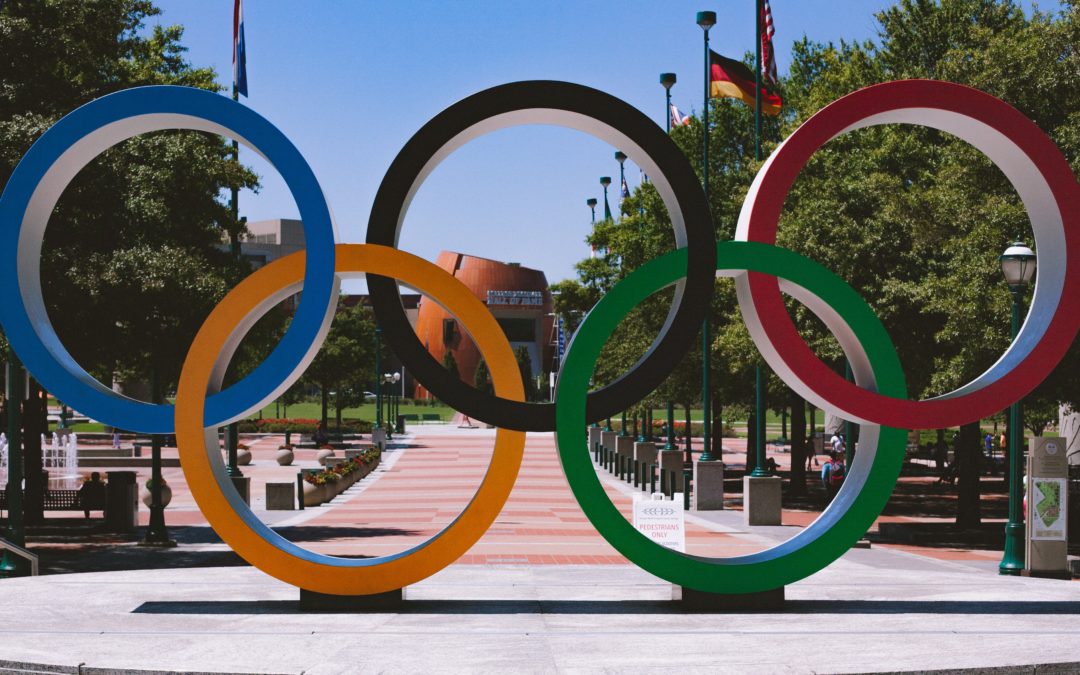When faced with a crisis, the clarity, consistency, accuracy, and speed of your messaging is more important than ever. When you apply it to a massive scale, like an international sporting event globally televised, in the midst of the all-consuming Covid-19 pandemic and its news cycle, that is even more true.
The International Olympics Committee (IOC) and the Tokyo 2020 Olympics organizers have unfortunately demonstrated how not to manage a highly-publicized crisis in the 14 months leading up to the Games. As a Bloomberg reporter with an up-close view of the chaos noted, the Tokyo 2020 Olympics team has repeatedly “bungled their messaging time and again.” Its struggles were largely attributed to navigating the ever-shifting guidelines to safely host such a large event, including when and how the games would be held, who could be in attendance, and which safety policies would be required or not.
That in and of itself would produce either a new gold standard for crisis communications or present a great case for what not to do. Yet there is far more which the Olympics team has handled poorly in that time, including widespread backlash against the Japanese Olympics Chief, Yashiro Mori, for his poorly received joke about the inclusion of women in board meetings and how those meetings take too long.
It is from these and many other gaffs and public relations fumbles which PR professionals and business leaders can learn from, even as we turn from the full force of a global health crisis and into new challenges for our clients and businesses.
The pandemic is still in control of the news cycle.
Even though vaccinations are occurring (albeit slowly – the New York Times reports just 7 percent of Japanese citizens are fully vaccinated) and states of emergency have been lifted, there is still much to be covered about the impact of Covid-19 and the Olympic Games. The Games has not escaped how the pandemic impacts its core functions and will likely be overshadowed by its influence for decades to come.
Consider how the pandemic has affected your organization or startup and continues to do so. What might you be able to get out in front of in your pandemic response or have prepared as policies and health guidelines change? Keep an eye on the news cycle and make sure your response teams have thought through how to communicate effectively should you be placed in that spotlight.
Navigating Crisis PR is a skill your MarComm and executive teams must have to be successful.
Unfortunately, as a piece from PR News points out, the Olympics have a history of delaying their responses to crises or scandal. It isn’t always a failure, but as a whole Olympic communication and PR mistakes have a lot to do with their lack of timeliness of messaging.
Of course, in a crisis you want to make sure whatever you decide to do and say is well thought-out and executable. But a failure to communicate your progress in the decision-making process leaves your audience guessing and speculating, or building a campaign against you! Your PR team should have a focus on crisis communications and make sure they’re ready to release any and all information in a timely manner with plenty of follow-up. Take your time to decide (within reason), but not to communicate.
Long term planning is vital to ensuring a large event, launch, or growth strategy goes off smoothly, even if a crisis arises.
If the IOC and Tokyo 2020 Olympics teams had properly planned, especially given the size and scope of the Games, they would have considered a course of action in the event of many crises. One would imagine these include natural disasters, violence or unrest, and scandal, as well as health crises to include an epidemic or pandemic. China, as it prepared for the Beijing 2008 Olympics, was derailed five years ahead of their Games by SARS scares, according to the Associated Press. Crises like the Covid-19 pandemic should not have been off of Tokyo’s radar, especially as the situation built in neighboring China in the months before their eventual announcement to postpone the Games.
Your organization or startup is not likely to involve itself in an event the size and scope of the Olympic Games, but it should consider what big and small crises could arise in the scope of its long term plans for the business. Are you planning to unveil an international product in three years? Think through all that might happen in that market and how you’d be prepared to handle it. Are you participating in a big convention or opening up an events arm of your business in the near future? Consider how you would accommodate the health and safety of your guests in a number of scenarios.
In these and all circumstances, careful thought and a team of skilled communicators are always your best bet to come out of a crisis on top. We at Swyft will be eager to watch as the Tokyo 2020 Olympics team works to turn themselves out of their crises as the Opening Ceremony draws near.

